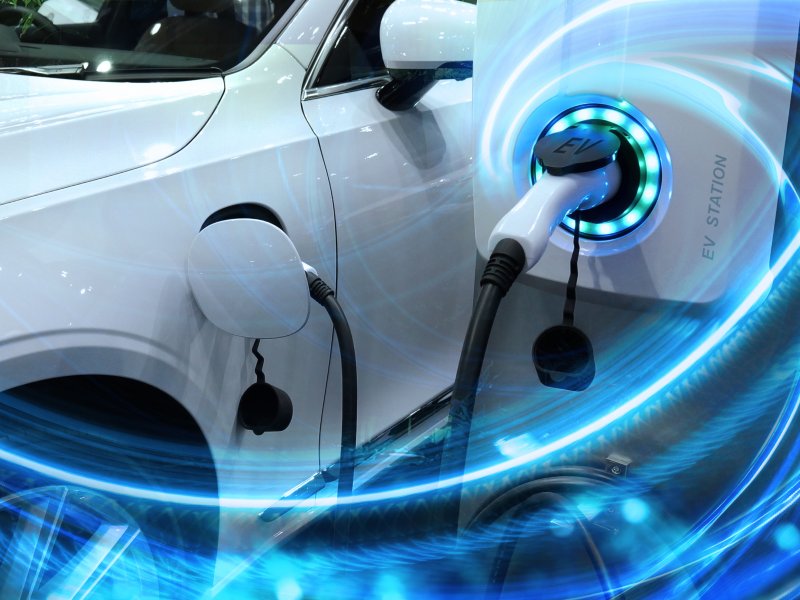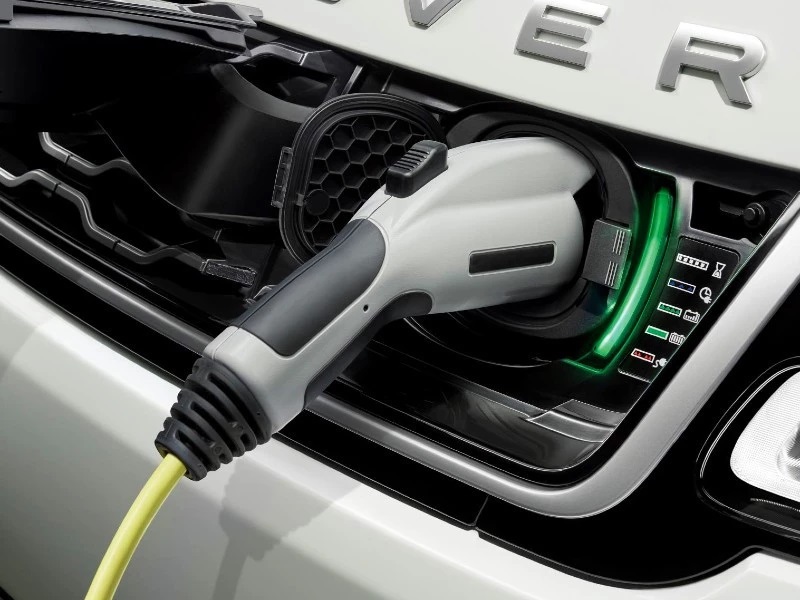The automotive industry has been revolutionized by the development of electric and hybrid vehicles. These types of vehicles have been developed as a response to environmental concerns and the need to reduce carbon emissions. While it is true that electric vehicles are still a relatively small proportion of the total vehicle market, their impact on the auto industry and the environment is significant.
- Impact on the Auto Industry:
The introduction of electric and hybrid vehicles has brought about major changes in the auto industry. The demand for electric vehicles has increased rapidly in the past decade, with many auto manufacturers now offering electric vehicles as part of their product line. This shift towards electric vehicles has resulted in changes in the design and production of vehicles, as well as the need for new infrastructure and the development of new technologies. Here are some of the primary ways that electric and hybrid vehicles have impacted the auto industry:
– Design: Electric and hybrid vehicles have a different design than traditional gasoline-powered vehicles. Battery packs, electric motors, and other powertrain components require a new kind of vehicle design that is more efficient and aerodynamic.

– Production: The shift towards electric vehicles has also led to changes in vehicle production processes. In order to produce electric vehicles, manufacturers need to invest in new equipment and technologies, which can be costly. Manufacturers must also invest in training their workforce in new production processes.
– Infrastructure: The shift towards electric vehicles has also led to the need for new infrastructure. This includes the development of charging stations and other facilities to support electric vehicles. The need for new infrastructure presents both challenges and opportunities for the auto industry.
– Technology: The development of electric vehicles has also led to advances in technology. Advances in battery technology, charging systems, and other areas are driving innovation in the auto industry.
- Impact on the Environment:
The introduction of electric and hybrid vehicles has brought about significant benefits for the environment. In particular, electric and hybrid vehicles are much cleaner than traditional gasoline-powered vehicles. Here are some of the primary ways that electric and hybrid vehicles have impacted the environment:
– Emissions: Electric and hybrid vehicles produce very little in the way of emissions. They do not produce any tailpipe emissions, and even when taking into account the emissions produced by power plants, they emit significantly less than traditional gasoline-powered vehicles.
– Energy Efficiency: Electric and hybrid vehicles are much more energy-efficient than traditional vehicles. They use less energy to travel the same distance, which means they require less fuel overall.

– Fuel Savings: Because electric and hybrid vehicles require less fuel, they can save consumers money on fuel costs over the lifetime of the vehicle.
– Renewable Energy: Electric vehicles can be powered by renewable energy sources, such as wind and solar power. This means they can be even cleaner and more sustainable in terms of their impact on the environment.
Overall, electric and hybrid vehicles have had a significant impact on both the auto industry and the environment. They have driven changes in vehicle design, production, infrastructure, and technology. They have also contributed to a cleaner and more sustainable future by reducing emissions, increasing energy efficiency, and promoting the use of renewable energy sources. The future looks bright for electric and hybrid vehicles, and they are likely to continue having a positive impact on the auto industry and the environment for years to come.





